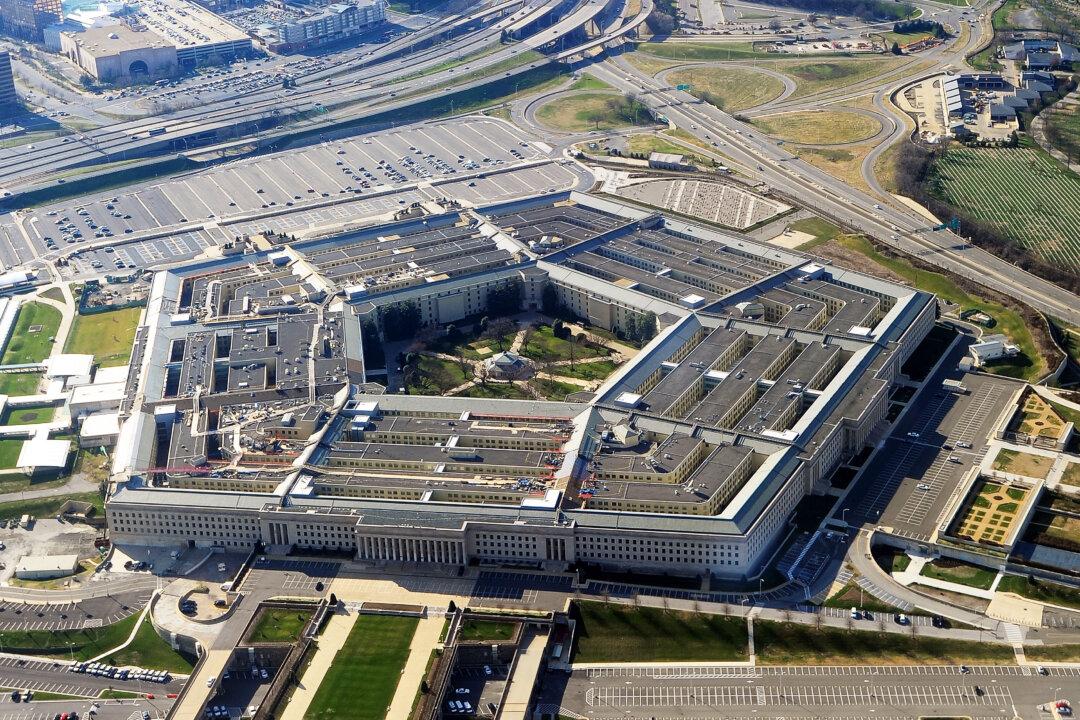An annual report from the Pentagon’s inspector general has exposed probes into allegations of extremism and other prohibited activities among U.S. military personnel, with 78 service members investigated for “advocating” for the overthrow of the U.S. government.
The report, released Thursday by the Department of Defense (DOD) Office of the Inspector General, disclosed a total of 275 cases involving service members suspected of advocating or supporting extremist and other prohibited activities in the fiscal year 2023.





